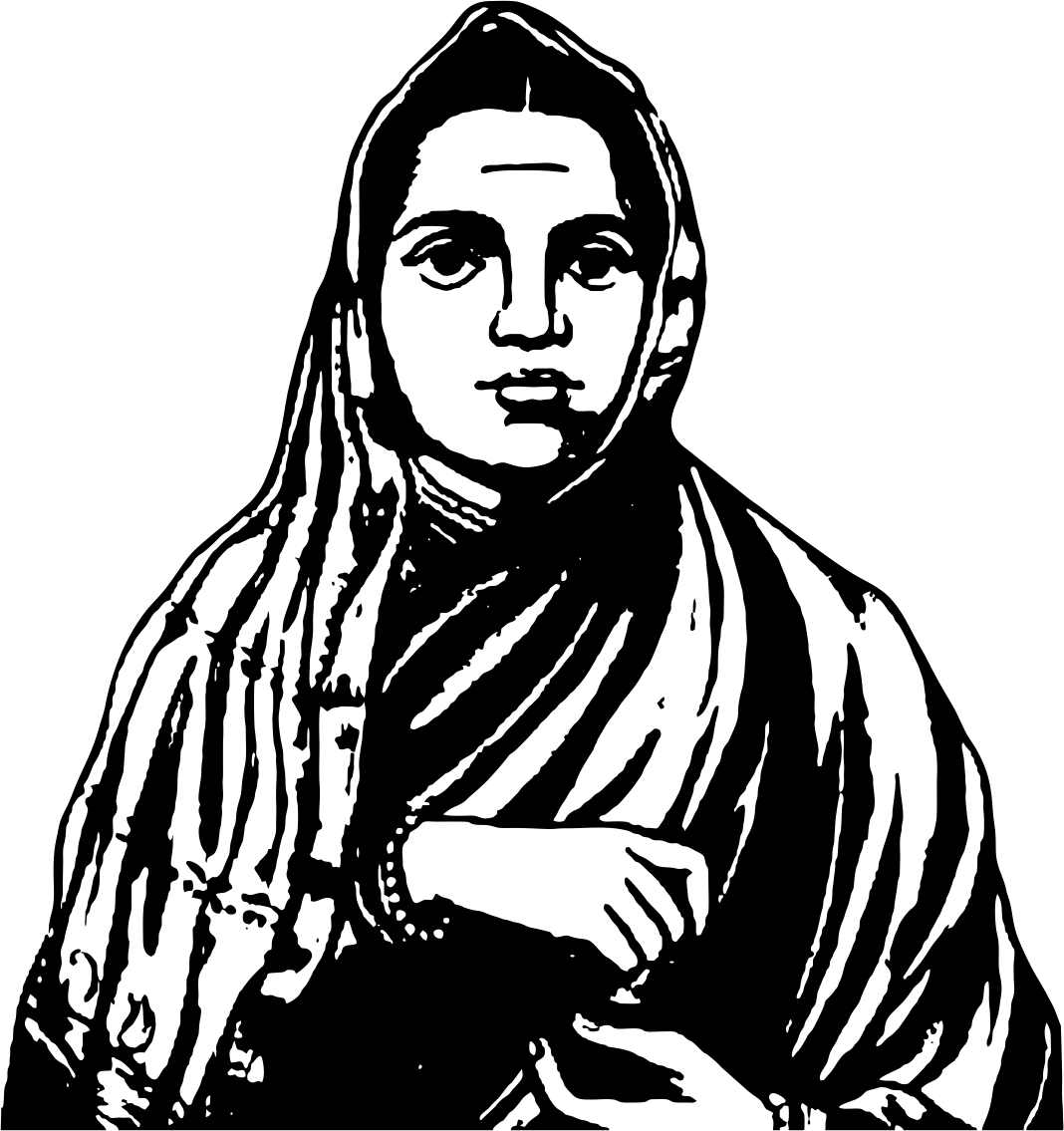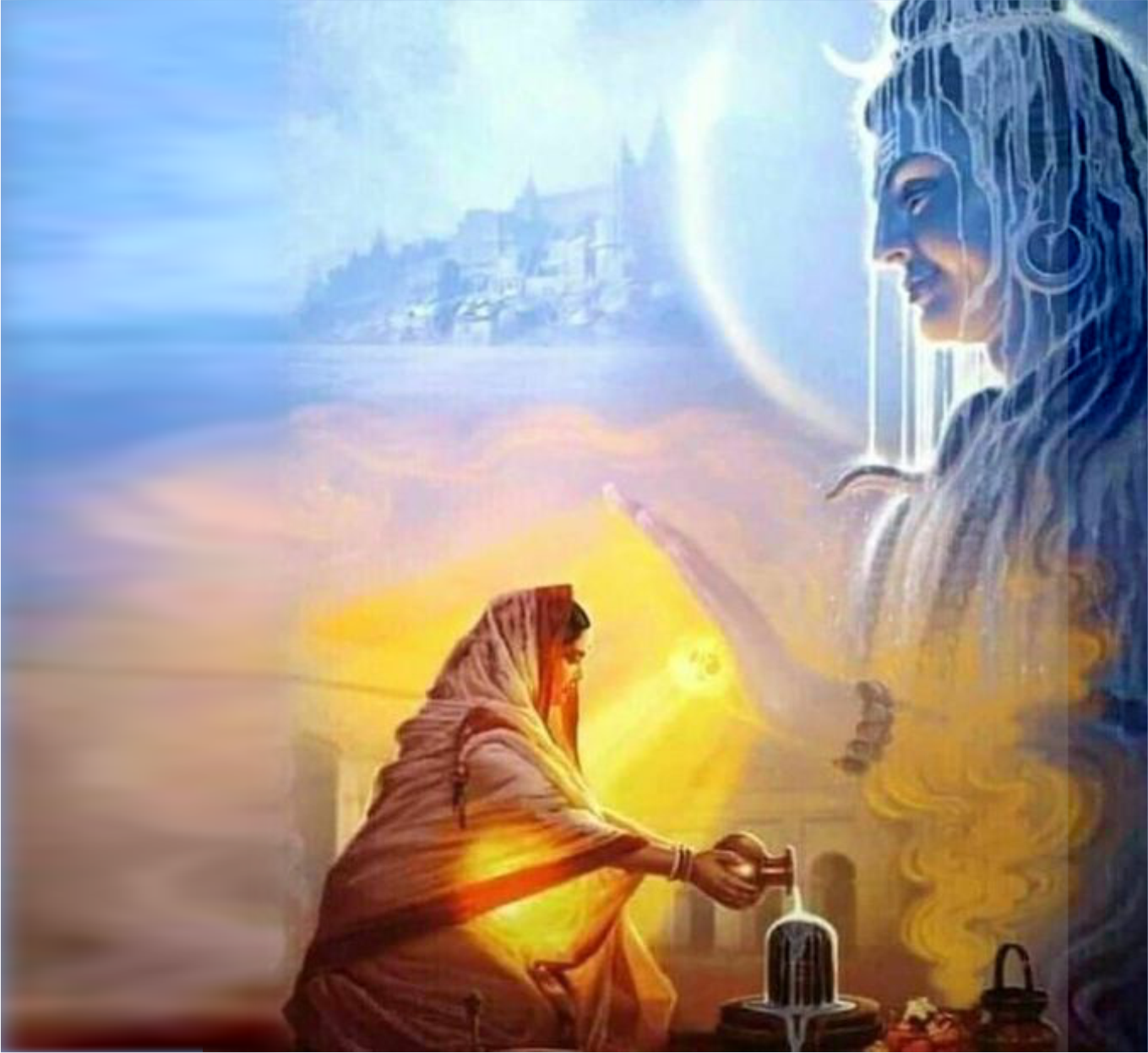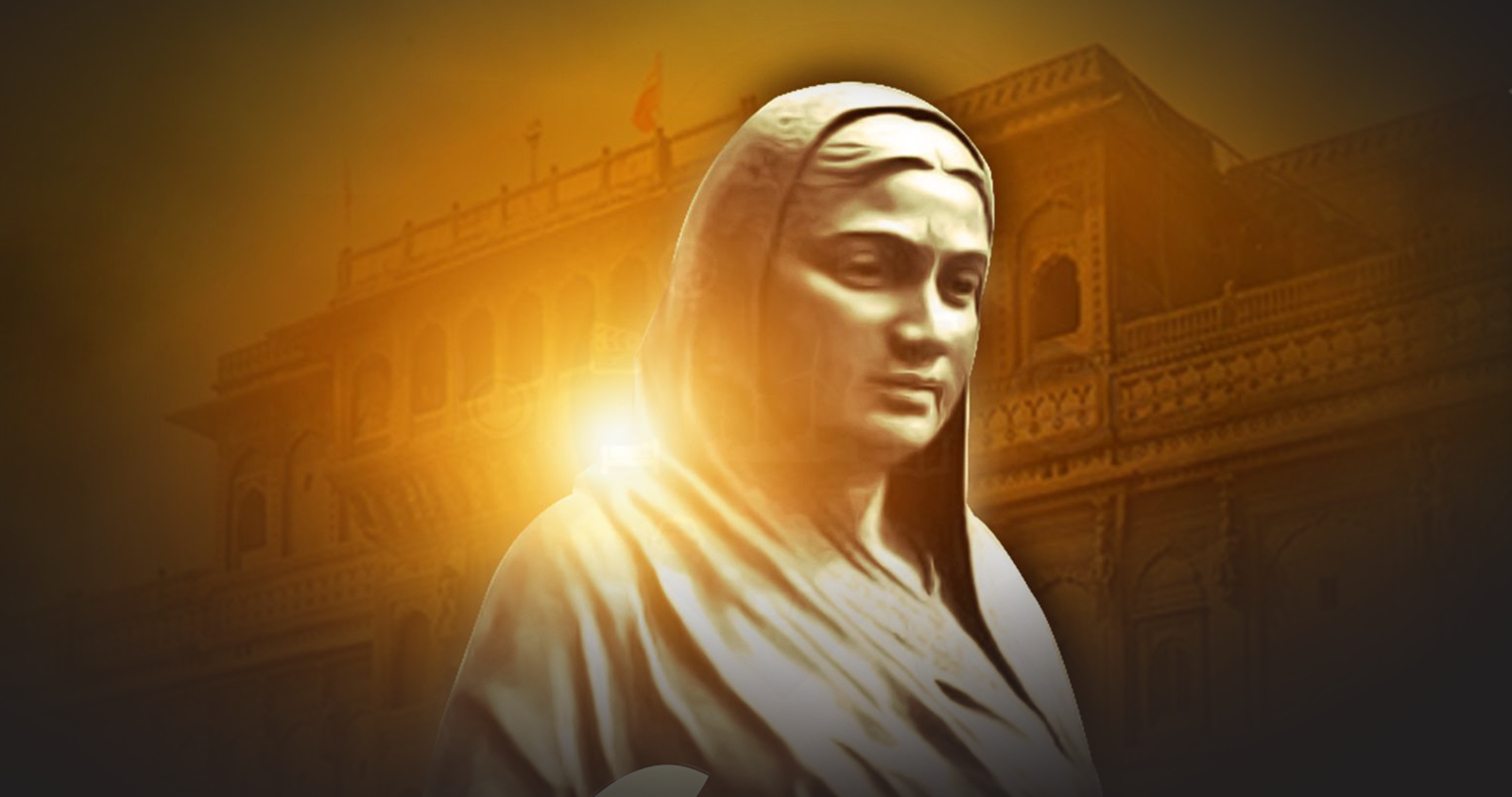Lokmata Ahilyabai Holkar

Ahilyabai Holkar (May 31, 1725 – August 13, 1795) was a prominent ruler of the Maratha Empire. She is revered in history for her efficient governance and exceptional leadership. She undertook numerous significant projects for the welfare of her subjects, and her reign is considered a golden era in Indian history.
Early Life
Ahilyabai was born on May 31, 1725, in the village of Chaundi in the Ahilyanagar district of Maharashtra. Her father, Mankoji Shinde, was a simple farmer. He belonged to the Dhangar community. He provided his daughter with education in reading and writing, which was rare for women of that time. Malhar Rao Holkar, a prominent sardar (Chieftain) of the Maratha Empire and the ruler of Indore, passed through Chaundi village and saw Ahilyabai singing praises of Lord Shiva in the temple. Impressed by her conduct, he requested Mankoji for his daughter Ahilyabai's hand in marriage for his son Khande Rao Holkar. Thus, Ahilyabai was married to Khande Rao in 1733.

Beginning of Reign
Ahilyabai was learning the necessary skills of a ruler and queen at Indore when unfortunately, in 1767, at the young age of 29, she was widowed after the death of her husband Khande Rao in a battle. Her father-in-law, Malhar Rao Holkar, prevented her from committing sati (a Hindu practice of a widow immolating herself on her husband's funeral pyre) and recognizing her abilities, prepared her for leadership. After the death of her father-in-law, Malhar Rao Holkar, in 1766 and the death of her son Malerao a few months later, Ahilyabai proposed her name as the queen of Malwa, which was gladly accepted by the Peshwa and the Holkar army. However, Diwan Gangadhar Rao and Raghoba opposed Ahilyabai's coronation and marched with a big army to the gates of Indore.What followed is a testimony to Ahilyabai’s fearless and tactful self as she suppressed the opposition and became the Maharani of Malwa and emerged as a skilled ruler of the Maratha Empire.

Governance
Lokmata Ahilyabai Holkar's reign is considered the golden age of the Malwa province and Greater Maratha Empire. The queen's work can be understood better from the following perspectives:
Land Revenue System
Ahilyabai strengthened the existing land revenue system. Sardars (chieftains) had their own armies, jagirs (fiefs), and seals, but they were all subordinate to the queen and paid taxes in a timely fashion. The Malwa province received an annual tax of Rs. 325,700 from the sardars. Their combined armies formed a major part of the Malwa provincial army, known as the Huzzurat.
Economic Reforms
Ahilyabai strengthened the existing land revenue system. Sardars (chieftains) had their own armies, jagirs (fiefs), and seals, but they were all subordinate to the queen and paid taxes in a timely fashion. The Malwa province received an annual tax of Rs. 325,700 from the sardars. Their combined armies formed a major part of the Malwa provincial army, known as the Huzzurat.
Trade and Commerce
Bankers and traders enjoyed a secure environment and the benefit of limited taxes which encouraged traders from neighboring states to shift their bases to Malwa. Devi herself invited weavers from Surat and Mandu and established them in Maheshwar. She encouraged them to develop Maheshwari sarees, made of silk. These sarees are still popular in India and abroad.
Justice System
The queen’s court was accessible to all. Her decisions were logical, impartial, and swift. Everyone was treated equally. Whether the matter was big or small, the queen herself resolved the issue.
Welfare of the People
Bhil and Gond tribes were given rights to their land and were also given the responsibility of protecting travelers for which they were paid. This arrangement gradually became their way of life. Farmers were given tax concessions and land rights. Proper arrangements were made for the storage of grains, due to which there was no famine in the Malwa province during the queen’s reign.
Women Empowerment
Emphasized women’s education. Childless widows were given rights on their property. Special attention was paid to women’s safety and welfare.
Religious and Cultural Contributions
Lokmata Ahilyabai Holkar made a significant contribution to the revival of Sanatan Dharma. She reconstructed temples destroyed by foreign invaders. Resumed pilgrimages and charitable works. Undertook construction, reconstruction, and charitable work in 4 dhams, 12 Jyotirlingas, and 7 cities. This work was done in Kashi Vishwanath Temple, Somnath Temple, Rameshwaram, Dwarka, Mathura, Ayodhya, Haridwar, Ujjain, Baijnath, Tryambakeshwar, etc. Her work was not limited to her region but was nationwide. By initiating pilgrimages, she performed the great work of unifying India. Local artisans, artists, and scholars also benefited from this change. By responding to destructive forces with creation and construction, she carried forward the great tradition of Sanatan Dharma. These places are still important centers of faith for Sanatan Dharma. All this work was completed with Khasgi (Lokmata’s personal wealth) or donated resources.
Military System
During the queen’s time, Malwa emerged as a powerful state of the Maratha Empire. Ahilyabai formed a strong army and ensured the security of the state’s borders. Under the leadership of her trusted Subedar, Tukojirao Rao, a permanent unit of the Malwa army was dedicated to the service of the Peshwa. A women’s unit was formed to respond to the challenge of Gangadhar Rao and Raghoba. In 1787, in the war with the Chandrawat, the queen conducted the army from the middle of the battlefield and won the war. Nana Fadnavis praised the queen’s bravery in the Peshwa’s court. In 1795, the Holkar army, with about 16,000 soldiers, defeated Nizam in the battle of Kharda under the Peshwa’s flag. Tukojirao Holkar, representing the Holkar army, received special honors from the Peshwa for the valiant act.
Demise and Legacy
Ahilyabai Holkar left for heavenly abode on August 13, 1795. The welfare and development works she undertook, made her immortal. As a skilled ruler, fearless warrior, just and benevolent queen, she was an ideal leader. Her endeavors provided India a cultural and national identity and are great beacons of Indian culture that will continue to illuminate this nation and society for years to come.
